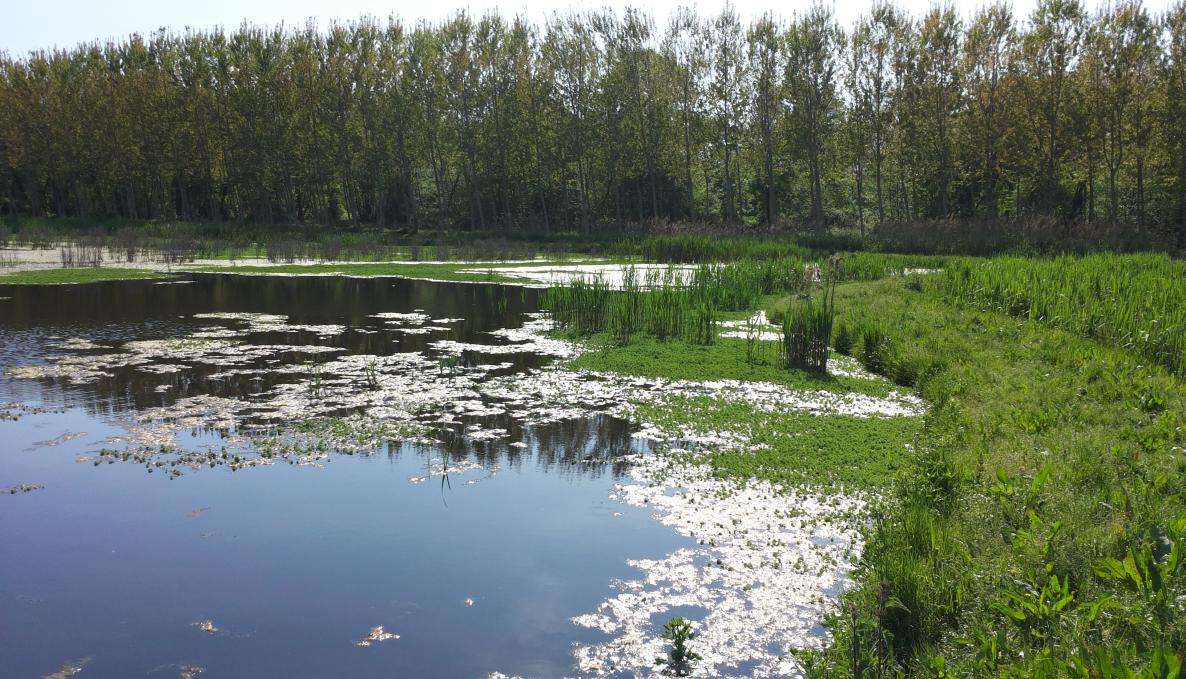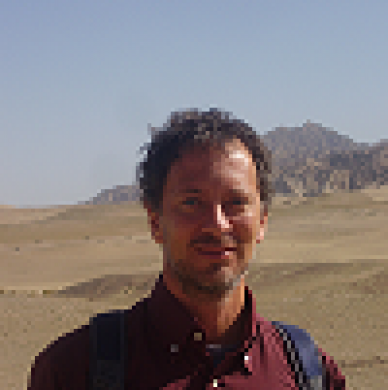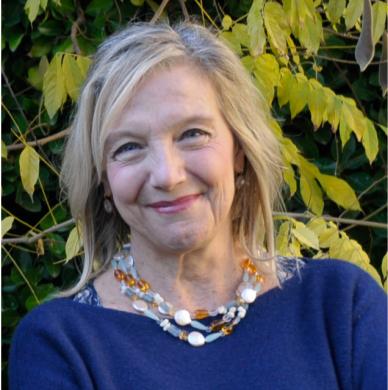WAT-CHANGE - Water-related ecosystem services for adapting societies to climate change 23-24

I EDITION | ON SITE | APPLICATION
Deadline for registration
September 19th, 2023
Period
October 16th-20th, 2023
Learning objectives
While climate change is posing at risk traditional water resources management, there is the urgent need to devise low-energy and low-impact solutions to adapt the environment, societies and economies to this threat.
The WAT-CHANGE Seasonal School aims at introducing the participants to the new growing area of solutions provided by water-related ecosystem services.
In particular, we will deal with nature-based solutions for water supply, treatment of polluted water, and flood risk mitigation such as managed aquifer recharge, river restoration, constructed wetlands, sustainable drainage systems, and remediation of contaminated sites using phytoremediation techniques.
At the end of the course the students will have acquired the knowledge and skills that will allow them to understand impact and functions of the main nature-based solutions for solving the most common water resources management problems and start their design.
Teaching methodologies
The course is based on 20 hours of interactive and cross-disciplinary learning from academia and professional world along with 8 hours of laboratory exercises or with the aid of PCs and free and open source software. A field trip will take place to visit the ecohydrological infrastructures of the Val di Cornia area. This area has recently been recognized by UNESCO's International Hydrology Program as a site of global importance for ecohydrology.
A final 4-hour workshop will bring participants in contact with Italian companies involved in the design and management of nature-based solutions and with regulatory bodies, in order to deepen the knowledge of the regulatory framework.
Who should attend this Seasonal School
Undergraduate, postgraduate and PhD students with scientific and engineering backgrounds (e.g. earth and environmental sciences and engineering, civil engineering, natural sciences, agricultural engineering, biological sciences) interested in understanding the agri-food systems governance. Participation of students from social or economics background is also welcome.



